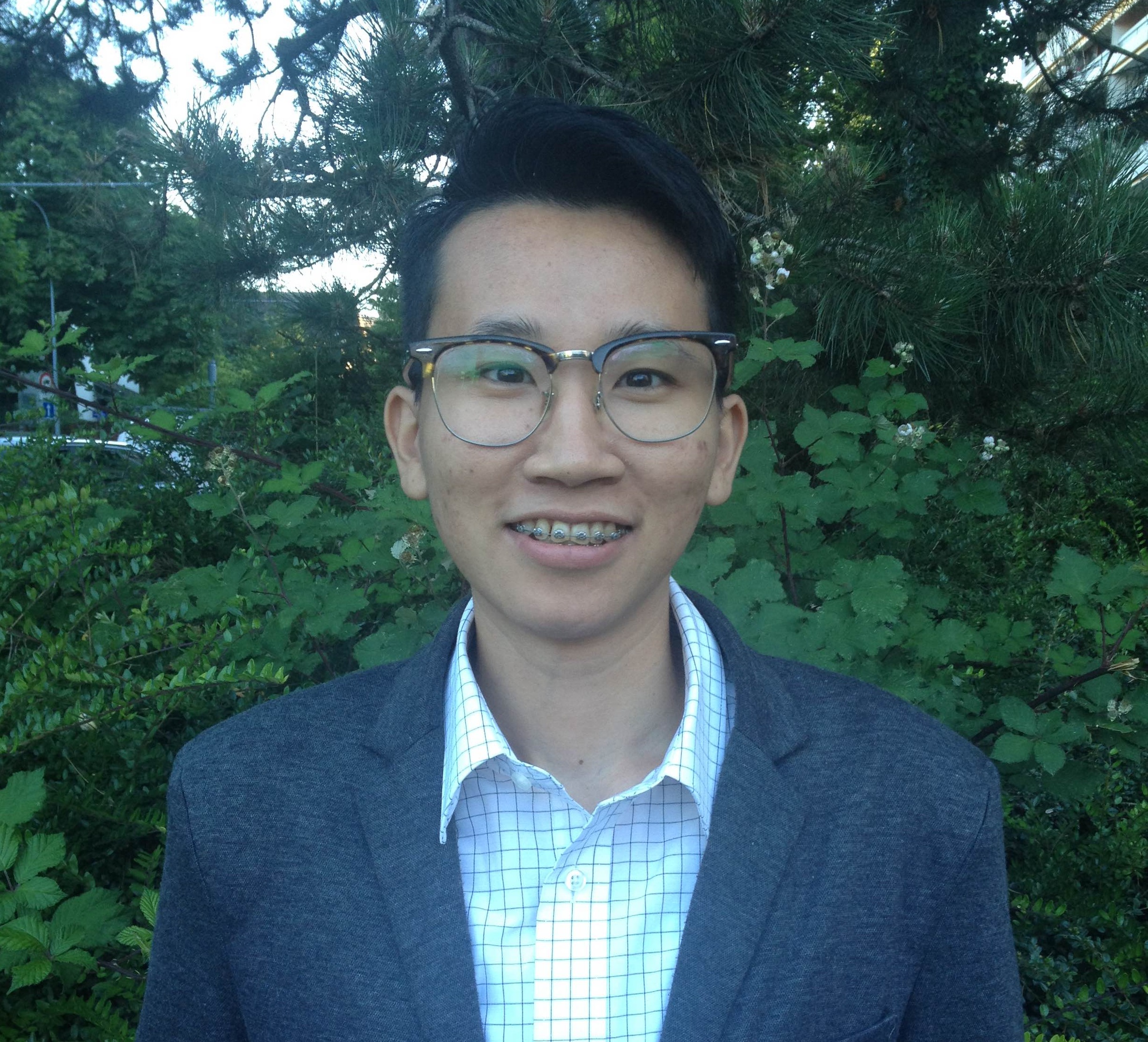
Human rights defender's story: Kaona Saowakun from Thailand
Kaona Saowakun, a dedicated advocate from Thailand, champions LGBTQI rights and acceptance of transgender individuals amidst societal discrimination and legal challenges.
Kaona is a human rights defender from Thailand working on lesbian, gay, bisexual, transgender and intersex (LGBTI) issues. He started his work as a human rights defender in 2012 as a volunteer for Anjaree Foundation. In 2013, he became co-chair of the International Lesbian, Gay, Bisexual, Trans and Intersex Association Asia (ILGA-Asia). Then in 2014, he joined Transmen Alliance (Thailand) as Policy and Advocacy officer.
Kaona spoke about his childhood and commented that ‘before I was born, my mother thought I was going to be a boy. She even nicknamed me Toto, after the male superhero, a name she continued to use, even though I was born a girl. I always felt like a boy – I could never get used to the female gender role that society imposed on me. From this I have suffered a lot.’
Kaona means ‘progression’ or ‘to step forward’. Kaona sees his name as an affirmation of the courage needed to express his true identity in a society that does not understand, and systematically bullies and discriminates against, trans-gender persons.
A recent report from the International Labour Organisation states that transgender people are the most discriminated against group in the world. In Thailand, some professions, such as government workers, are completely closed minded and unwilling to accept transgender people.
‘In the workplace I have experienced hate speech on a daily basis, in the form of nasty jokes. I was pressed to say whether I used the male or the female toilets, and whether I preferred men or women. I felt insecure and hurt all the time. These experiences resulted in me resigning after one year’.
In addition to discrimination at the workplace, trans-people in Thailand are denied access to the Buddhist religious life.
‘A trans-woman is restricted – at the monastery they tell her she’s a woman and at the nunnery they tell her she’s a man. She is caught in a grey area.’
Kaona spoke about his work advocating for the rights of tans-gender people in Thailand, a country that he considers has recently backtracked in its treatment of trans-gender people.
‘The Thai government wants the world to believe that it is an LGBTI friendly country. But the draft of the new Constitution contains no provisions for transgender people – in fact it was removed at the last minute on the basis that reference to male and female was enough, that there was no need to mention us, as if we didn’t exist. I see this as a huge step backward.’
Kaona speaks of the importance of establishing a Gender Recognition Law in Thailand, the country in which the most gender reassignment surgeries take place.
‘In Thailand we cannot change our identity documents. This means that trans-gender men who look like men who were born men are often labelled as ‘weird’ by institutions that must see their identity documents, like banks and universities. A Gender Recognition Law incorporating the right to change the legal status of one’s sex is essential.’
At the international level, Kaona would like to see LGBTI persons recognised in all major treaties.
‘Trans-people are not asking for new rights, we are merely asking for the application of pre-existing rights. Article one of the International Covenant on Civil and Political Rights expresses our struggle: the right to self-determination, to express who you are, to define yourself, free from fear, free from bullying or violence.’
In addition to struggling against engrained social prejudice, LGBTI people also risk being subject to physical violence.
‘There is a prevailing cultural view in Thailand that you can ‘cure’ a gay man by hitting him or a lesbian by raping her. Five years ago the Thai gay pride parade was attacked by people throwing stones. They said that LGBTI persons are abnormal, that they come from hell. We were so scared that we decided to stop holding parades. More needs to be done to protect LGBT activists – or we will be forced underground.’
In addition to lobbying ministers and pushing for key reforms, Kaona uses the media to raise advocate for the rights of LGBTI people.
‘We have started offering an award to the most LGBTI friendly TV channel. Last year Voice TV won. Now other TV channels have started publicising LGBTI news from around the world. It is a huge step forward.
‘The notion of Karma prevails among Thai people. You are who you are and you suffer as you do because of a past life. I disagree with this. I say we should accept everyone, no matter who they are, and give everyone equal rights. It’s not enough to talk – we need to enact specific laws and provide concrete education to combat the traditional prejudices. We have seen progress in recent years, but there is still some way to go.’
You can also follow Kaona on Twitter at @TohKaona.
